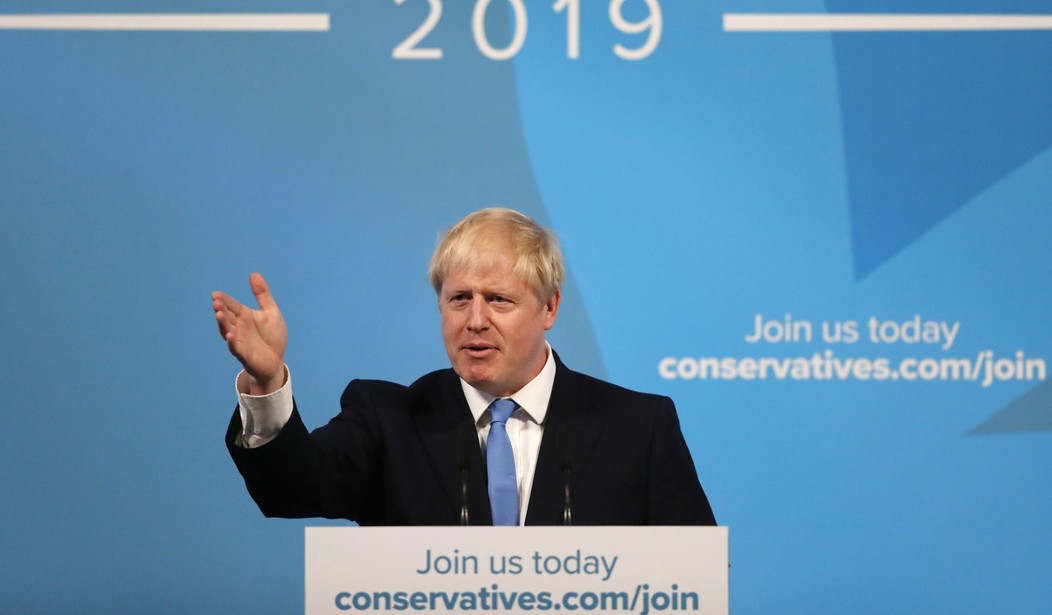British Prime Minister has gone “all in” by calling for a general election on December 12. It’s a real “crossing the Rubicon” moment for Johnson, who will either succeed and be able to take Great Britain out of the European Union, or go down to an ignominious defeat.
He really didn’t have much of a choice. The nation’s parliament is at an impasse and unable to act in order to effect a withdrawal from the EU. Johnson’s hope is that the majority of British voters are still in favor of exiting the EU and will deliver him a governing majority.
But Johnson has tried this “snap poll” gambit twice before and failed. The Labor Party refuses to cooperate until a “no deal” Brexit is off the table. What might be different this time is that the October 31 deadline for Britain to exit the EU will have come and gone, leaving massive uncertainty in its wake. The EU appears poised to grant Johnson a delay, but unless he can get a workable majority, the logjam will continue in Parliament.
Johnson said in a letter to opposition Labour leader Jeremy Corbyn he would give parliament more time to approve his Brexit deal but lawmakers must back a December election, Johnson’s third attempt to try to force a snap poll.
Labour said it could only back an election when the risk of Johnson leading Britain out of the European Union without a deal was off the table, and other opposition parties rejected the offer, casting doubt over its chances of success.
Just a week before Britain was due to leave the European Union, the bloc looks set to grant Johnson a Brexit delay, something he has repeatedly said he does not want but was forced by parliament to request.
Johnson is using unusually harsh language in referring to Parliament’s inaction.
“This parliament has refused to take decisions. It cannot refuse to let the voters replace it with a new parliament that can make decisions,” he wrote to Corbyn.
“Prolonging this paralysis into 2020 would have dangerous consequences for businesses, jobs and for basic confidence in democratic institutions, already badly damaged by the behaviour of parliament since the referendum. Parliament cannot continue to hold the country hostage.”
The public seems convinced that Johnson is right. They overwhelmingly support a snap election.
Results of a snap YouGov survey found that 50 per cent of the public would support the calling of a General Election, while only 23 per cent were opposed.
Conservatives were the most likely to support a General Election with 62 per cent in favour compared to just 24 per cent opposing. Labour voters were also far more likely to support an election than supporters of minor parties, being in favour by a margin of 48 to 25 per cent.
Johnson was able to win his position by promising to meet the October 31 deadline. But he has failed miserably in getting the necessary 2/3 majority in Parliament and, like any good political leader, he’s blaming the legislative branch. This “people vs. Parliament” narrative might resonate among voters who are tired of the wrangling over Brexit.
Labor may be balking at agreeing to hold quick elections, but public pressure may force them to concede. If so, the December election will be the most consequential in this century.










Join the conversation as a VIP Member